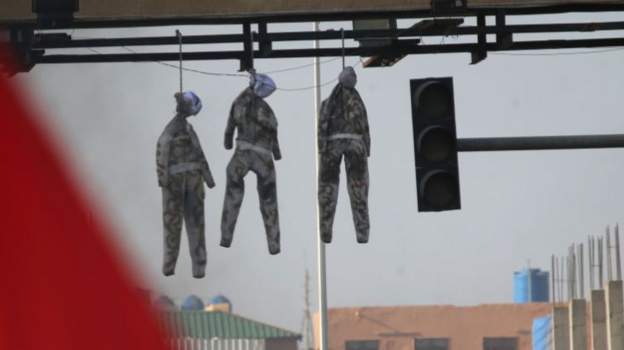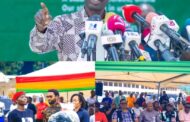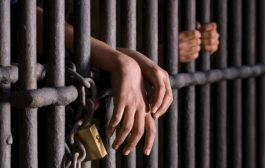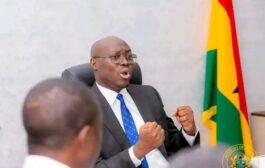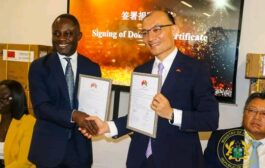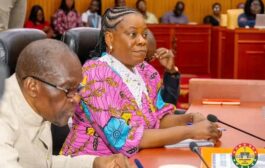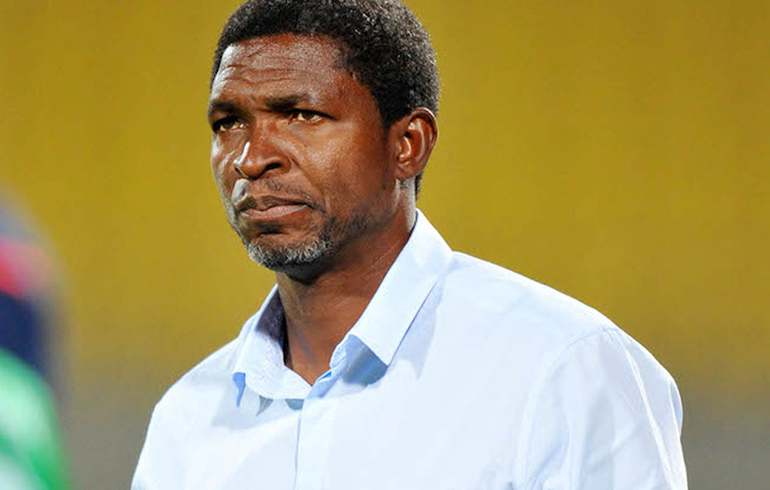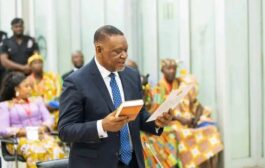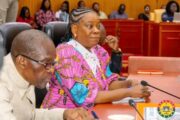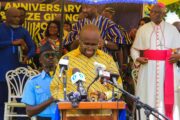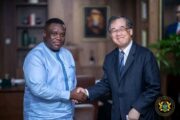Foreign Secretary Dominic Raab is expected to suspend the UK’s extradition treaty with Hong Kong later amid rising tensions between London and Beijing.
It follows the controversial national security law imposed in the Chinese territory and the UK’s decision to ban Huawei from its 5G network.
The UK has offered residency rights to three million Hong Kongers.
China has accused the UK of meddling in its internal affairs.
Beijing has insisted it is committed to upholding international law and has accused the UK and the US of seeking to destabilise Hong Kong.
Mr Raab is due to make a statement to Parliament later.
The extradition treaty means that, if someone in Hong Kong is suspected of a crime in the UK, then the British authorities can ask Hong Kong to hand them over to face justice – and vice versa. The arrangement has been in place for more than 30 years.
Hong Kong has extradition agreements with 19 other countries apart from the UK, including Canada and Australia, which have already suspended theirs following the imposition there of China’s new security law – which makes acts of subversion punishable by life sentences.
Hong Kong is a former British colony. It was handed back to China in 1997 but, as part of an agreement signed at the time, it enjoys some freedoms not seen in mainland China.
But political and economic relations between the UK and China have become strained in recent months.
We’ve had the strongest indication so far from the foreign secretary that the UK is going to scrap its extradition treaty with Hong Kong in response to China’s actions there.
That’s a political decision designed to send another message to Beijing.
Sanctions – which could target senior Chinese officials – are an option too. But they are more complicated and likely to take longer.
At the same time, tensions with Russia are surfacing again over hacking and interference in the UK political system.
On Tuesday or Wednesday, we’ll finally see the Russia report, which is likely to examine a broad range of ways in which Russia is alleged to have sought to use influence in the UK, including during the Brexit referendum and the 2014 Scottish independence referendum. Last week, ministers accused Russia of trying to hack the UK’s vaccine research.
All of this points to tensions escalating with both countries in the coming months, just at the time when the UK is trying to establish its place in the international system after Brexit.
The UK, US and EU have accused Beijing of undermining the “One Country, Two Systems” principle, which has guaranteed a high degree of autonomy for Hong Kong since it was handed back to Chinese rule in 1997.
They say the security laws which came into force last month breach the terms of the 1984 Joint Declaration protecting political and economic freedoms – which agreed the conditions under which Hong Kong would be run when Britain gave it back to China in 1997.
The UK denounced it as “deeply troubling”, with the foreign secretary calling the move “a grave step”.
In response, the UK has offered the 350,000 Hong Kong residents who hold British Overseas National passports – and a further 2.6 million who are eligible for them – enhanced residency rights should they wish to come to the UK and a route to possible citizenship.
But China has warned it will retaliate if the UK imposes sanctions on any of its leading officials in relation to human rights offences and allegations of police brutality in Hong Kong.
Speculation that the extradition arrangements could be suspended follows concerns expressed by senior judges in the UK about threats to the independence of the Hong Kong judicial system.
Lord Reed, president of the UK’s Supreme Court, has warned the practice of UK judges sitting on Hong Kong’s Court of Final Appeal is under threat and must “remain compatible with judicial independence and the rule of law”.
Proposals for an extradition treaty between Hong Kong and mainland China provoked widespread protests last year amid concerns about political interference in the Chinese judicial system and the right to a fair trial.
‘Gross and egregious’ abuse against Uighurs
The UK has also stepped up its criticism of China’s human rights record, accusing Beijing of “gross and egregious” abuses against the Uighur population in Xinjiang province.
Mr Raab told the BBC that reports of forced sterilisation and wider persecution of the Muslim group were “reminiscent of something not seen for a long time”.
Labour has also called for sanctions on Chinese officials involved in the alleged abuse of Uighur Muslims.
Drone footage that has been widely circulated – and authenticated by Australian security services – appears to show Uighurs being blindfolded and led to trains.
However, China’s UK ambassador, Liu Xiaoming, dismissed talks of concentration camps as “fake”.
Source: BBC




